In 1972, Johnny Cash took Kris Kristofferson‘s “Sunday Mornin’ Comin’ Down” to No. 1 on the Country chart and helped put his future Highwaymen bandmate on the songwriting map. “I’m just real grateful for that song because it opened up a whole a lot doors for me,” said Kristofferson of his hit in 2013. “So many people that I admired, admired it,” “Actually, it was the song that allowed me to quit working for a living.”
Just three years earlier, Cash also released another song written by Kristofferson, “To Beat the Devil,” and their collaborations expanded throughout the years from there.
By ’72, Kristofferson also penned “The Loving Gift,” recorded first by Cash and his wife June Carter and later covered by Kenny Rogers and Dottie West. Cash also occasionally covered some of Kristofferson’s songs, including “Help Me Make It Through the Night” in 1973, “Here Comes That Rainbow Again” and “Casey’s Last Ride” in ’85, and “Why Me” in 1991.
Videos by American Songwriter

Along with forming the Highwaymen with Cash, Waylon Jennings, and Willie Nelson in 1985, that same year Kristofferson’s “Love is the Way,” was also featured on Cash and Jennings’s collaborative album Heroes.
Here are the stories behind three songs Kristofferson wrote that were released by Cash first.
[RELATED: The Hangover Song Kris Kristofferson Delivered to Johnny Cash by Helicopter]
“To Beat the Devil” (1970)
Written by Kris Kristofferson
A Nashville musician who has fallen on hard times walks into a bar and meets the devil. Disguised as an old man, the devil pities the songwriter, buys him a beer, then asks to see his guitar and writes him. a hit song.
I saw that just one old man was sittin’ at the bar
And in the mirror I could see him checkin’ me and my guitar
An’ he turned and said: “Come up here boy, and show us what you are”
I said: “I’m dry.” He bought me a beer
He nodded at my guitar and said: “It’s a tough life, ain’t it?”
I just looked at him. He said: “You ain’t makin’ any money, are you?”
I said: “You’ve been readin’ my mail”
He just smiled and said: “Let me see that guitar
“I’ve got something you oughta hear”
Then he laid it on me:
If you waste your time a-talkin’ to the people who don’t listen
To the things that you are sayin’, who do you think’s gonna hear
And if you should die explainin’ how the things that they complain about
Are things they could be changin’, who do you think’s gonna care?
After meeting Johnny Cash at the Grand Ole Opry in 1965, Kristofferson quit the Army and moved to Nashville to pursue songwriting. “To Beat the Devil” was a semi-autobiographical song for Kristofferson, the devil a metaphor for addiction and the drive to succeed. At the time, Kristofferson was a struggling songwriter in Nashville and even took a job as a janitor at Columbia Records to make ends meet and was living in a run-down tenement building.
By the late ’60s, Kristofersson’s alcohol abuse had also hit a peak and he wouldn’t get sober until his role in the 1976 film A Star is Born. Before then, he remembered seeing Cash in the studio, who looked near death. After Cash married Carter in 1968, she helped him along his sobriety journey.
Cash also related to Kristofferson’s song and recorded it in 1969 for his album Hello, I’m Johnny Cash. When Kristofferson released his version of “To Beat the Devil” on his 1970 debut Kristofferson several months later, he remembered that vision of Cash in the studio, which inspired an opening spoken word verse at the beginning.
A couple of years back, I come across a
Great and wasted friend of mine in the hallway of a recording studio
And while he was reciting some poetry to me that he’d written
I saw that he was about a step away from dyin’ and I couldn’t help but wonder why
And, uh, the lines of this song occurred to me
I’m happy to say he’s no longer wasted and he’s got him a good woman
And I’d like to dedicate this to John and June
Who helped show me how to beat the devil
Jennings also released his rendition of “To Beat the Devil” on his 1972 album Good Hearted Woman.
“The Last Time” (1980)
Written by Kris Kristofferson
Cash recorded Kristofferson’s contemplative ballad “The Last Time” for his 1980 album Rockabilly Blues. It was the first song of Kristofferson’s that Cash had recorded in six years since the title track and “Broken Freedom Song” (sung by Rosanne Cash) on his album The Junkie and the Juicehead, Minus Me.
Kristofferson’s lyrics were written following his divorce from Rita Coolidge and reflect the changes after the end of a relationship. The song also references Kristofferson and Coolidge’s daughter Casey—All there is left of our love is a little girl’s laughter / Let her keep making believing as long as she can.
Darling, the seasons are changing
See now, the leaves, how they die
Love needs no reason for ending
Come kiss your baby goodbye
Darling, the last time you lied, was it really the last time
Have all the tears that you cried simply dried up and gone
All in the world you can hurt anymore is my feelings
Whatever love ever was, never lasted too long
Maybe the best of our life was the beautiful dreamin’
That conscience was destined to crumble like castles of sand
All there is left of our love is a little girl’s laughter
Let her keep making believing as long as she can
Kristofferson released his version of “The Last Time” on his 1981 album To the Bone.
“They Killed Him” (1984)
Written by Kris Kristofferson
“They Killed Him” was Kristofferson’s lament for Jesus Christ, Martin Luther King Jr., Mahatma Gandhi, and those who lived in peace and were murdered.
There was a man named Mahatma Ghandi
He would not bow down, he would not fight
He knew the deal was down and dirty
And nothing wrong could make it right away
But he knew his duty, and the price he had to pay
Just another holy man who dared to be a friend
My God, they killed him!
Another man from Atlanta, Georgia
By the name of Martin Luther King
He shook the land like rolling thunder
And made the bells of freedom ring today
Though they didn’t get a verse in the song, the Kennedys are also mentioned in the last line—Sing about Mahatma Ghandi / Sing of Martin Luther King / Sing of Jesus Christ almighty / Sing of brothers Kennedy.
Before Kristofferson recorded the song on his politically charged album Repossessed in October 1986, Johnny Cash was the first to record and release “They Killed Him” as a B-side to “The Three Bells” in 1984. In July of ’86, Bob Dylan also released a version of the song on his album Knocked Out Loaded.
In 1990, Kristofferson and the rest of the Highwaymen, Cash, Jennings, and Willie Nelson recorded a live version of “They Killed Him.”
Photo: Michael Ochs Archives/Getty Images





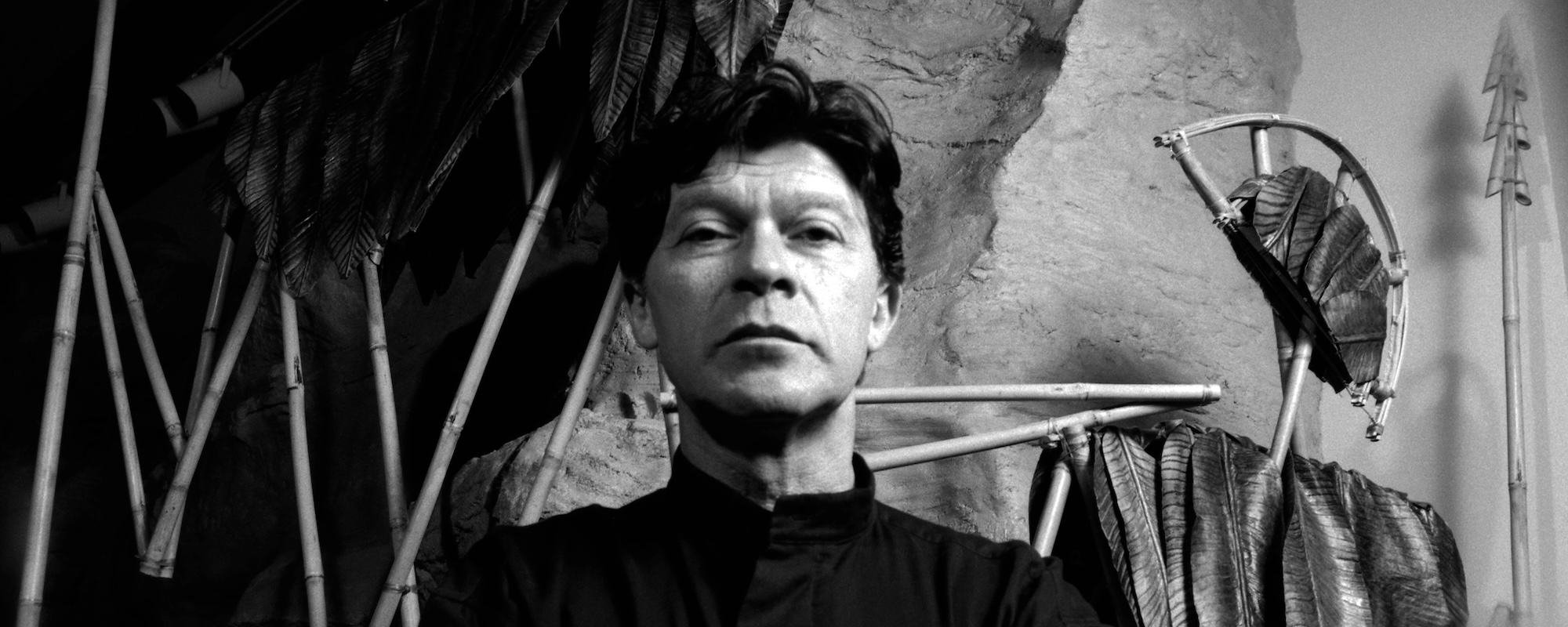
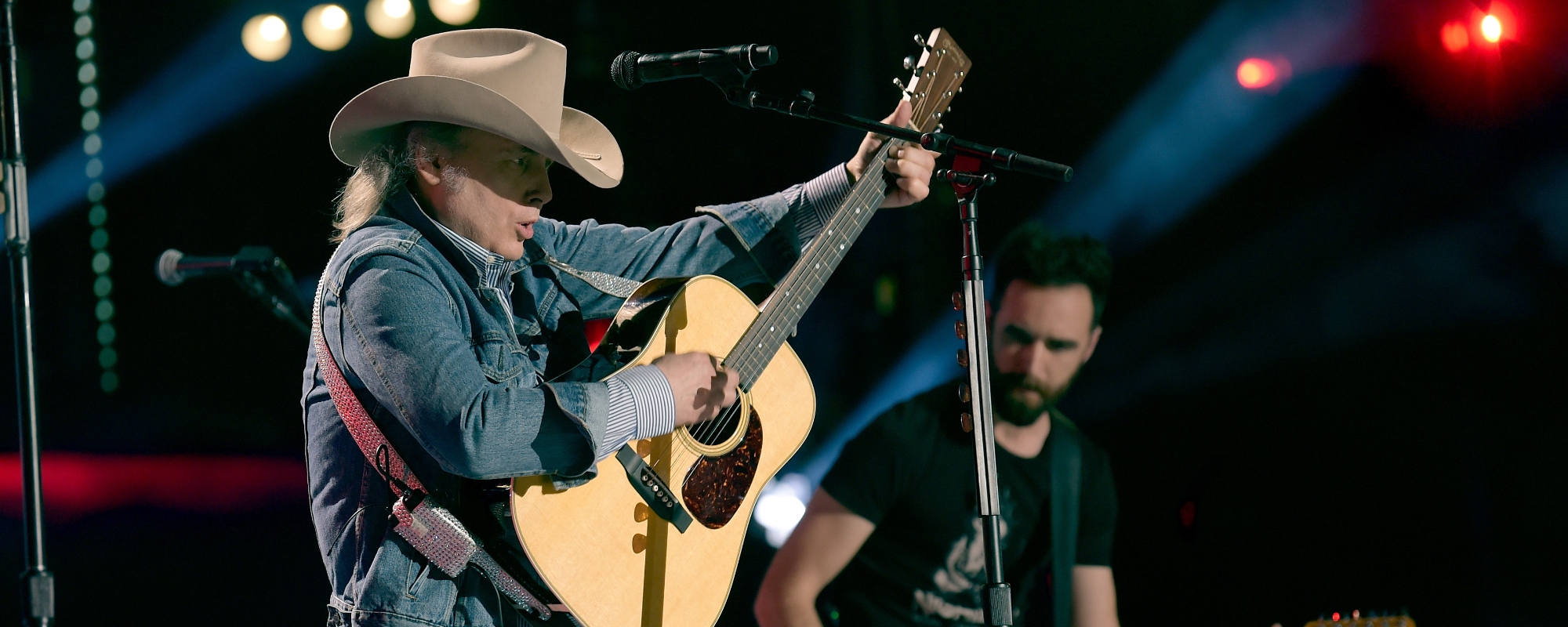
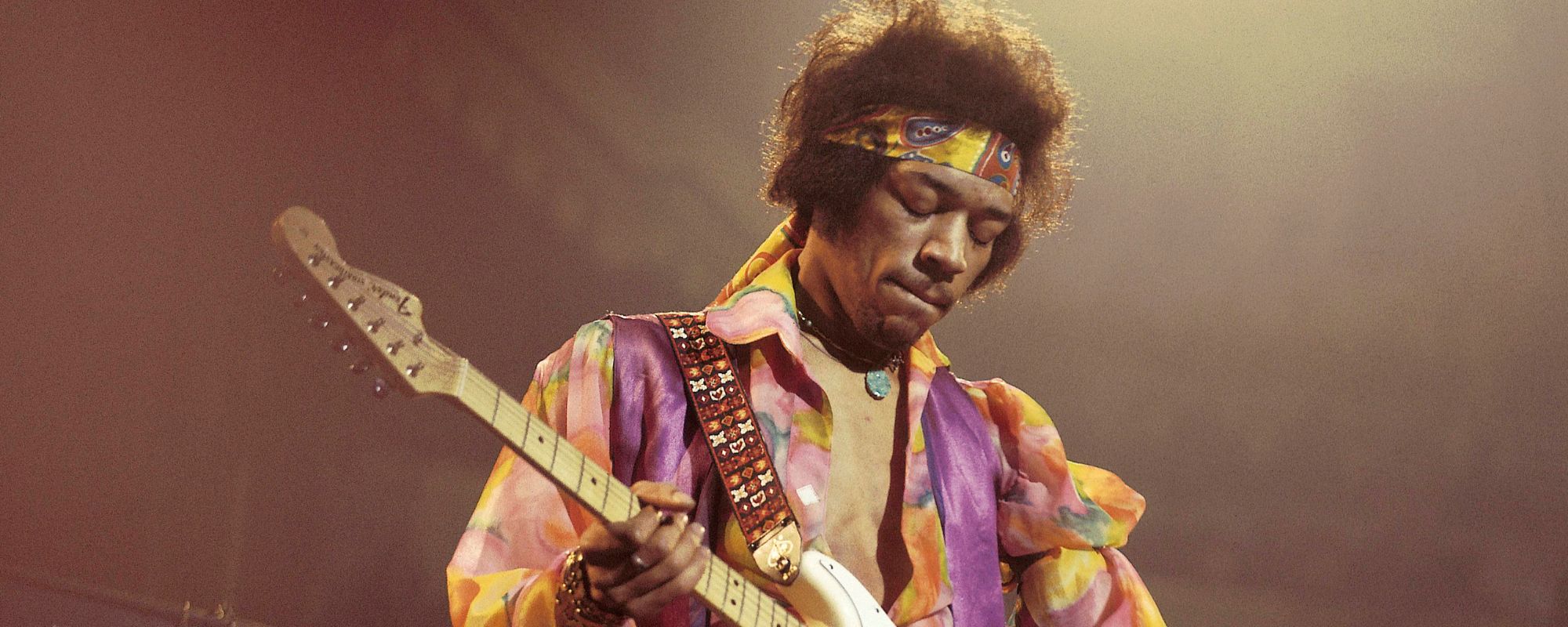
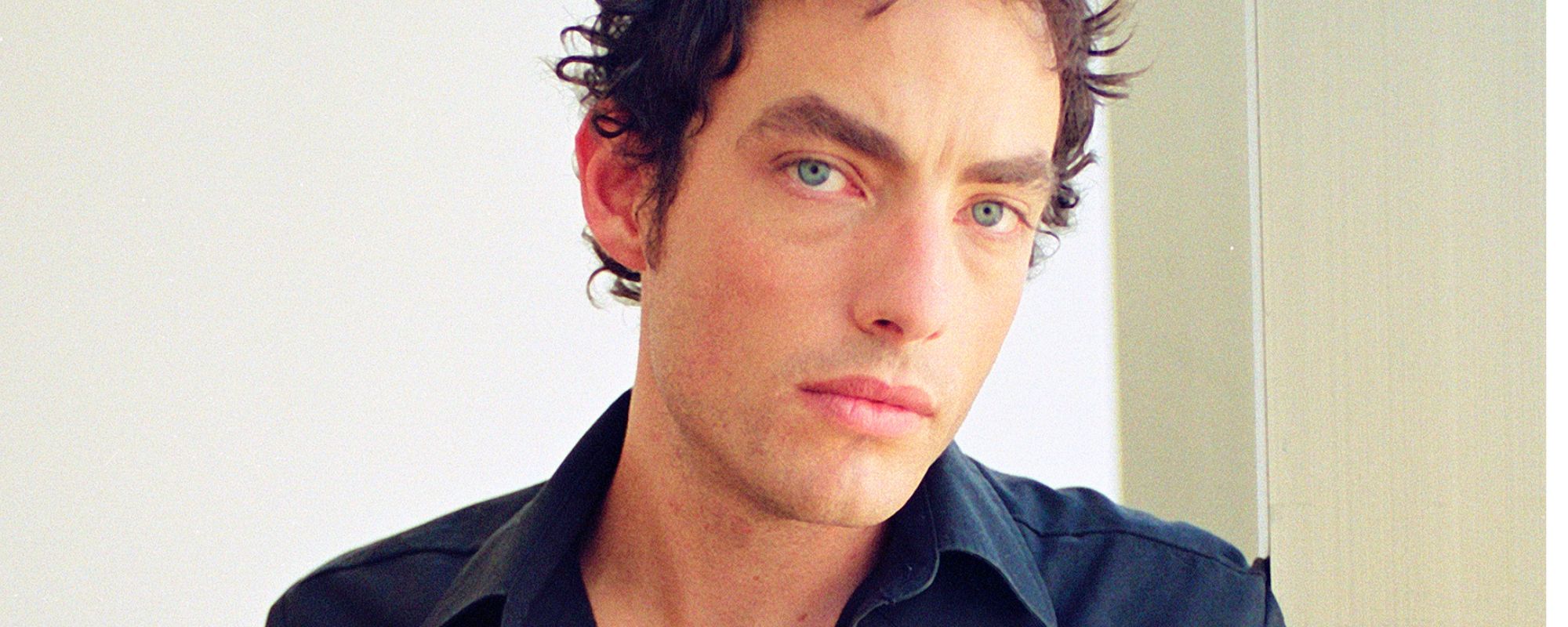
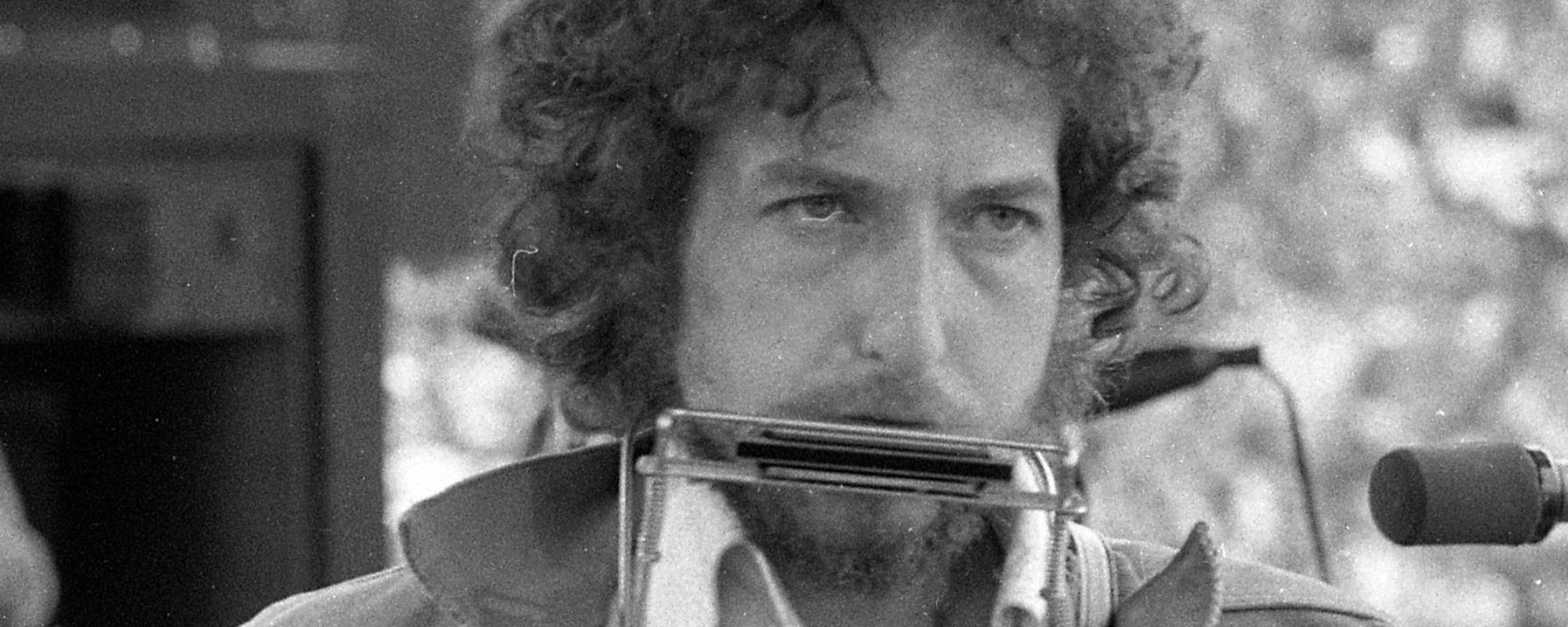


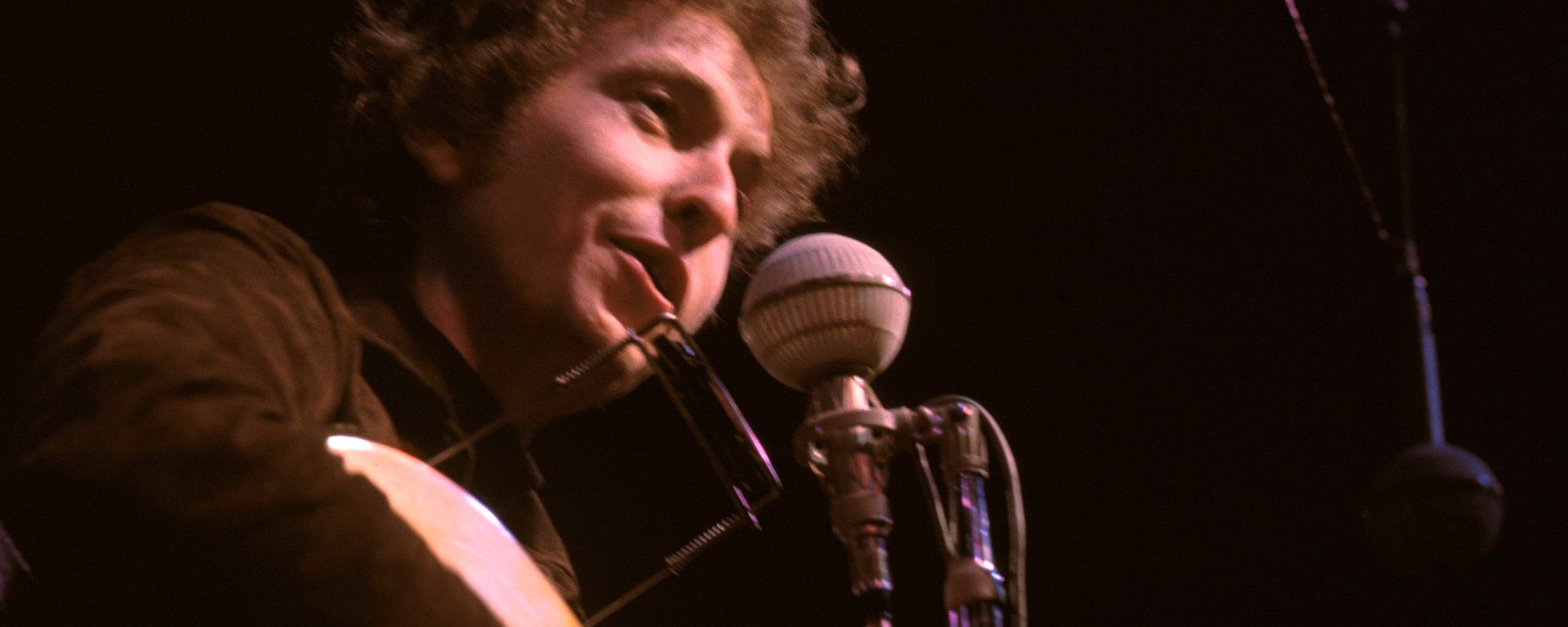
Leave a Reply
Only members can comment. Become a member. Already a member? Log in.